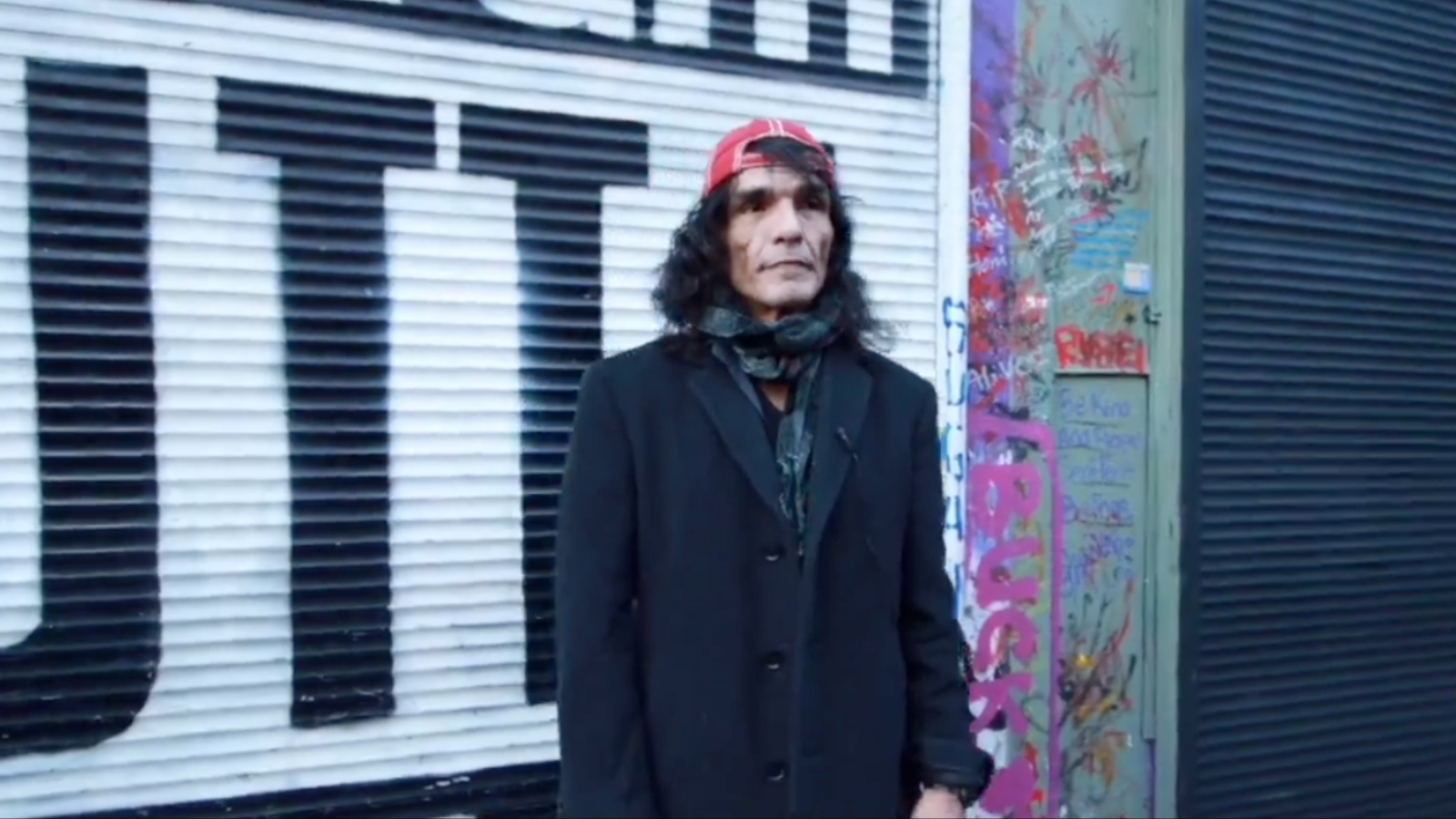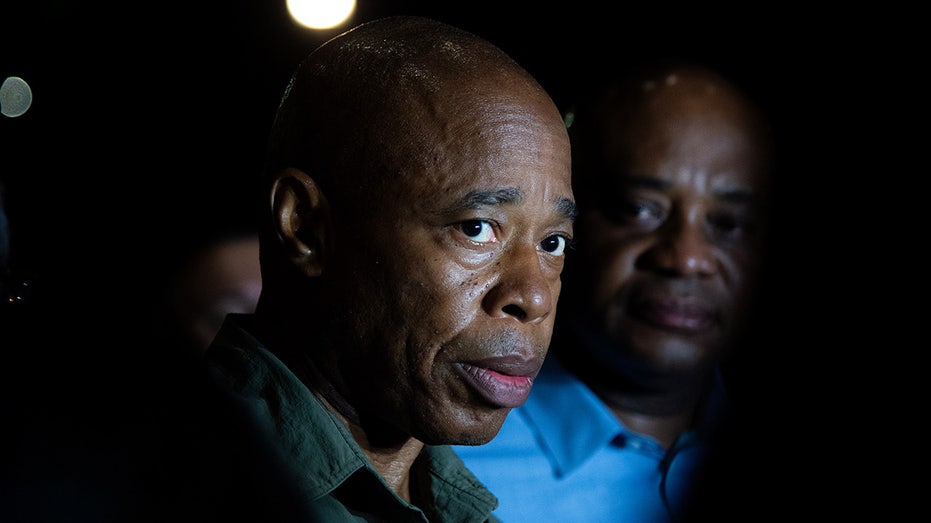‘It’s Disgusting’: Viral Overdose Videos Are Hurting People at Their Lowest Moments
A man who was filmed overdosing without his consent is speaking out after going viral in a video by a YouTuber.

As a volunteer at an overdose prevention center in Vancouver, Michael Manitoba has saved many lives. But when he overdosed recently, his medical emergency ended up being viewed by millions of people as part of yet another viral video based on poverty tourism.
Most of the times people are filmed overdosing, the public never hears from them again. But Manitoba has since shared how it felt going viral, offering a rare counter perspective.
“When I saw the (viral) video myself, it took me a few minutes for it to sink in. It feels ultra, ultra negative,” he said, in a video response by Vancouver filmmaker Nathaniel Canuel.
“They obviously caught me at my worst and I wouldn’t want that to happen to other people… I know it's legal to film people out in public but at the same time there's got to be some ethical boundaries.”
The video featuring Manitoba’s overdose is inaccurately titled “I Investigated the Country Where Every Drug is Legal,” (possession of small amounts of drugs is decriminalized in British Columbia, but drugs remain illegal to sell and the rest of Canada has tougher laws). It follows a typical formula where a fish-out-of-water host visits an impoverished neighborhood and films unhoused people and drug users, often without their consent and without blurring their faces.
Want the best of VICE News straight to your inbox? Sign up here.
West Coast cities like Vancouver, Portland, Los Angeles, and San Francisco are hot spots for viral poverty porn content, with dozens of Twitter and TikTok accounts dedicated to posting overdoses and crime there. These accounts perpetuate the notion that North American cities are crime-ridden hell holes, regardless of whether or not that’s true, often blaming longstanding societal issues on progressive policies, such as drug decriminalization.
A recent viral Twitter thread by a tech entrepreneur who called San Francisco a “Zombie wasteland” resulted in him appearing on Fox News to talk about the “sad state of public drug addiction and homelessness” in the city just a day after moving there. When newcomers aghast at visible poverty are treated as experts by the media, it raises questions as to the intention behind the content. Is it to come together to find solutions or simply to gawk at an already well-documented problem?
Tyler Oliveira, the Youtuber who filmed “I Investigated the Country Where Every Drug is Legal,” has responded defiantly to the backlash to his piece.
“If our documentary prevented a single child from going down this same life path, then I have succeeded. If seeing yourself in a documentary is the push you needed to get sober, you're welcome,” he tweeted.
But there’s no evidence that suggests publicly shaming people is a useful antidote to drug addiction and in fact it can be counter-productive at getting people to seek help. Programs like DARE targeted at scaring kids away from drugs, often using exaggerated claims, have also failed.
“It's disgusting that we would hate on and look down upon people that are in a difficult situation,” Sarah Blyth, executive director of the Vancouver Overdose Prevention Society, told VICE News.
Blyth said there’s been an explosion of people filming in Vancouver’s Downtown Eastside, ground zero for opioid overdoses, in the last year and she doesn’t believe any good is any coming from it. She said the content dehumanizes people at their lowest points and usually contains misleading information; she said Oliveira’s piece misrepresented a homeless shelter as an overdose prevention center.
Blyth said there are ethical ways to raise awareness about the drug overdose epidemic and that people should have the opportunity to choose whether or not they want to participate in videos about the crisis.
But filming people without their consent can have long-term consequences, including from family members and friends who see the content or future employers, she added.
“You fear that we're going to completely lose compassion to the point where people feel that it's OK to make fun of people [who] are suffering and having a really difficult time in their life.”


